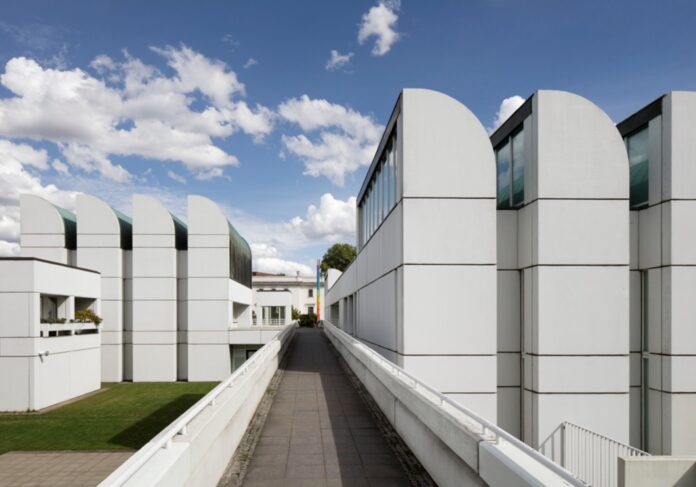The list of collectors who want to leave Berlin is now very long. The Friedrich Christian Flick Collection hosted at The Hamburger Bahnhof is one of the main victims. Once heard the news that the city government would allow an Austrian real estate group to demolish the buildings, which are hosting the collection, Flick simply announced that it would bring the works to Switzerland. The Flick Collection is an important piece of the Contemporary Art system putting Berlin on an equal footing with London, New York and Los Angeles. It is a sign of change which seals the closure of the magnificent thirty years that have seen the reunification of the two parts of Berlin, the Western one and the former capital of the GDR.
Berlin has become a metropolis now indifferent to the reasons behind its success and charm. The traces of the past are increasingly faint. In Berlin, a real estate boom has made landfall like a tornado, completely changing the structure of wealth. While incomes have only doubled, the value of real estate has grown by four hundred percent in the last fifteen years. The winners of this enrichment competition are the ten percent of the population which owns three-quarters of all properties.
Berlin has become the rich capital of a tributary nation. The script is the same followed in New York when, starting in the 1970s, Manhattan was gentrified. Perhaps the moment which marked this change was the long conversation between Obama at the end of his term and Angela Merkel at the beginning of her fourth term.
The Grand Hotel Adlon next to the Brandenburg Gate provided an entire wing where the two remained locked in a meeting for several hours. In the short press release, the US President seemed to entrust the fate of Multilateralism and Liberal Democracy to Chancellor Angela Merkel: a handover in a glittering Berlin, symbol of democracy and capital on the rise.
In reality, Obama underestimated the extraordinary power of American capitalism with the anarchic revolution of Silicon Valley and technology groups. Angela Merkel overestimated the lucidity of German capitalism. Volkswagen‘s stories of exhaust fumes, the mediocre stories of Thyssen, Siemens, Bayer, and the Deutsche Bank‘s inability to emerge from the crisis have spread a veil of disappointment.
The undisputed success only came from the most unsuspected pillar of the German state: the health system which easily fought Covid-19.








